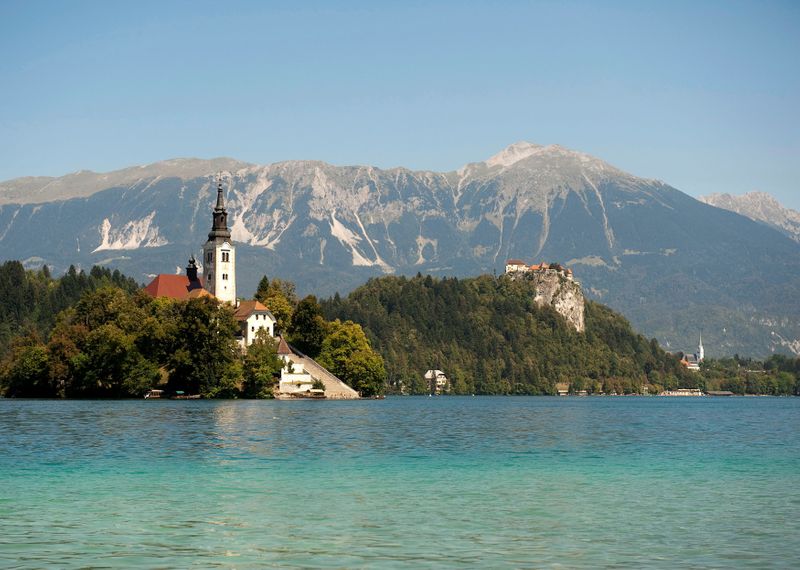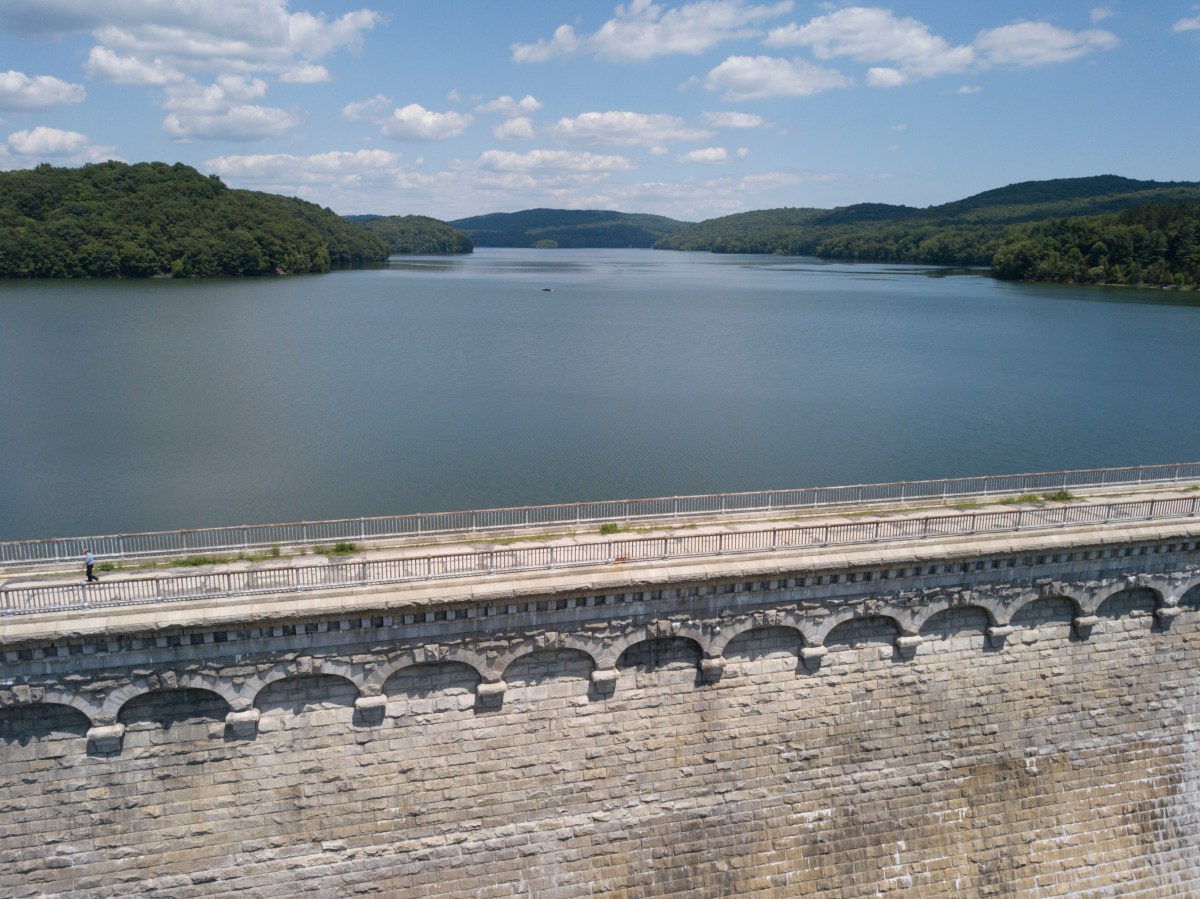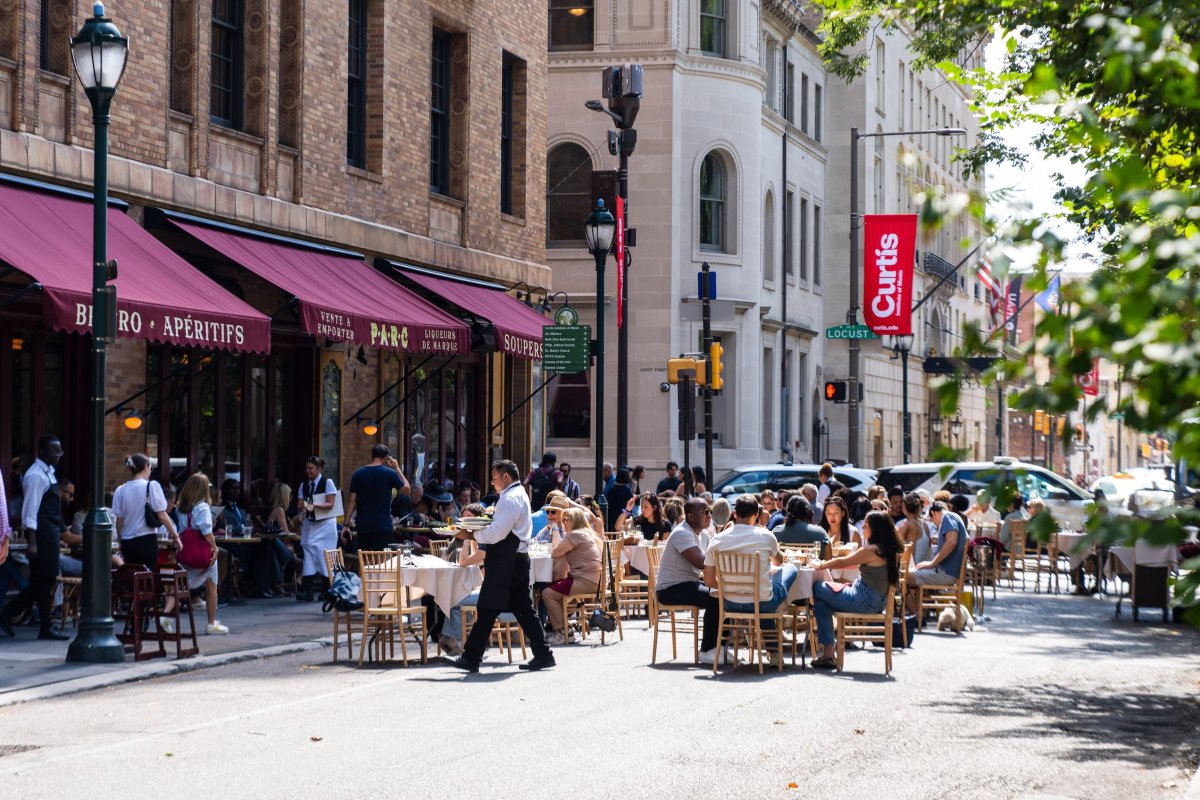LJUBLJANA (Reuters) – Slovenia will hold a referendum on Sunday on legislative changes which ecologists say open the way to construction projects by the sea, lakes and rivers that would threaten the environment.
The legally-binding nationwide vote in the Alpine country of 2 million was forced through by environmentalists after parliament approved amendments to Slovenia’s water law in March.
Prime Minister Janez Jansa’s conservative government says the amendments are intended to secure more funds for protecting lakes and rivers, strengthen flood defences and tighten construction regulations.
“The other (aim) is to ensure that only buildings for public use will be built (near water) and under strict conditions,” Environment and Spatial Planning Minister Andrej Vizjak told Reuters.
He said only about 20% of buildings on the European Union member state’s Adriatic coast were for public use.
Civil society groups that formed the “Movement for Drinkable Water”, and collected more than 50,000 signatures to make a referendum obligatory, say the legal changes will in fact loosen rules on construction in coastal and lakeside areas.
They fear restaurants, other tourist accommodation, shops and parking lots will be built that limit public access to lakes, rivers and the sea, increase the risk of water pollution and threaten the quality of drinking water.
“The campaign was done by the people in the cities and villages who were writing to their neighbours, giving out leaflets and speaking to people. I believe in the power of people,” said Nika Kovac from civil society group Institut 8. Marec.
In 2016, Slovenia amended its constitution to make access to water a fundamental right for all citizens and halt its commercialization.
For the referendum to succeed, a majority of those who vote and at least 20% of the about 1.7 million eligible voters must reject the water law amendments.
(Reporting by Borut Zivulovic, writing by Igor Ilic in Zagreb, Editing by Timothy Heritage)























